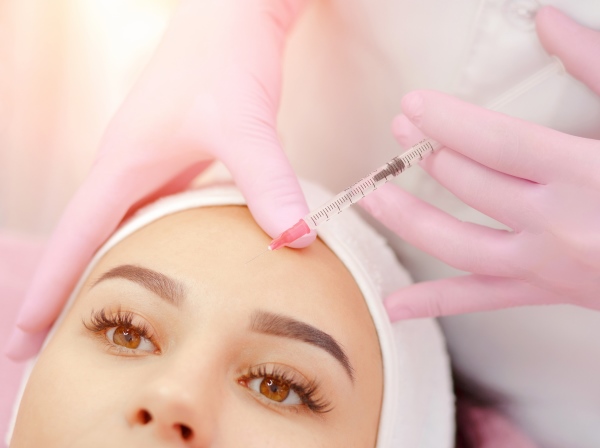Following the death of Sydney beauty salon owner Jean Huang during a breast enhancement procedure, the Cosmetic Physicians College of Australasia (CPCA) is calling for stronger regulations for cosmetic treatments such as laser, botox and fillers.
The CPCA has welcomed the NSW government’s proposed review of beauty clinic regulations but has written to the state’s health minister asking for all aspects of cosmetic medicine to form part of the review – and is calling on all state health ministers to work together to deliver uniform cosmetic medicine regulations across the country.
CPCA spokesperson Dr Mary Dingley said the college’s registered practitioners regularly see patients “who are suffering from the handiwork of unregistered practitioners”.
“Our members are repeatedly called upon to perform remedial treatment as a result of ‘botched’ treatments by poorly trained providers, often operating out of beauty clinics,” she said.
“The most common injuries seen include permanent skin discolouration, burns, serious infections and scars, which are often caused by untrained and inexperienced individuals who operate devices without formal skin management training and often with inappropriate power levels for the skin type they are attempting to treat.”
Apart from the physical damage caused to clients, Dr Dingle stressed that in many cases “the provider of the original treatment did not have the appropriate professional indemnity to cover the cost of remedial treatment, causing further hardship to the victim”.
“It should be a mandatory requirement that all providers of cosmetic medicine treatments – not just doctors – carry an appropriate level of professional indemnity,” she said.
Although a register of botched procedures does not currently exist, the CPCA believes the number of botched treatments in salons is increasing as “our members are seeing more in their own clinics” who need remedial work.
She also stressed that the CPCA would not be aware of all such procedures as many victims “will be seen by their GP or at a hospital A&E department and some may be too embarrassed to actually see anyone”.
CPCA call for action
Laser:
The CPCA believes national uniform laser regulation should be implemented in order to reduce patient injuries and the risk of sub-optimal outcomes.
In Australia, the only states that currently have regulation covering the use of light devices such as laser and IPL are Qld, WA and Tasmania. The other states “have no regulation or registration mechanisms for either the devices or the operators”.
“Beauty therapists are able to advertise things such as laser treatments, direct to the public, without the constraints applied to medical practitioners, therefore enticing the unwary public towards a less safe environment,” said Dr Dingley.
“Furthermore, the use of names like ‘Medi Beauty’ or ‘Medi Spa’ have the potential to mislead the public into thinking that they are dealing with medically qualified personnel in a medical environment.
“The CPCA believes the use of such terms as ‘medi’ by non-medical practitioners should be banned.”
Schedule 4 medications:
The CPCA believes the growing incidence of the application of Schedule 4 medications (prescription-only substances such as Botox and Restylane) without prior consultation by a doctor, should be addressed during the proposed NSW review.
The Medical Board of Australia currently allows the prescribing of Schedule 4 Medicine by video.
According to the CPCA, such consultations were intended to help doctors and patients consult with city-based specialists without the need to incur the expense and delays caused by travelling long distances. The intent was that the patient would visit their rural GP who would use video messaging to contact the relevant specialist with the patient.
“The reality is that some practitioners are now using video to remotely perform perfunctory, inadequate consultations and then instructing nurses in beauty clinics to administer the treatment,” said Dr Dingley.
“This is an abuse of what was otherwise an excellent amendment to facilitate speedier delivery of urgent medical treatments in remote areas,” she said.
Dr Dingley concluded that it is in a patient’s best interest to select only qualified and experienced doctors when considering a cosmetic procedure.
“We suspect they [consumers who have cosmetic procedures done by non-doctors in salons and beauty clinics] assume salons and beauty clinics do possess the necessary skills and are appropriately regulated by government and are unaware of the risks of not consulting a qualified doctor.”

